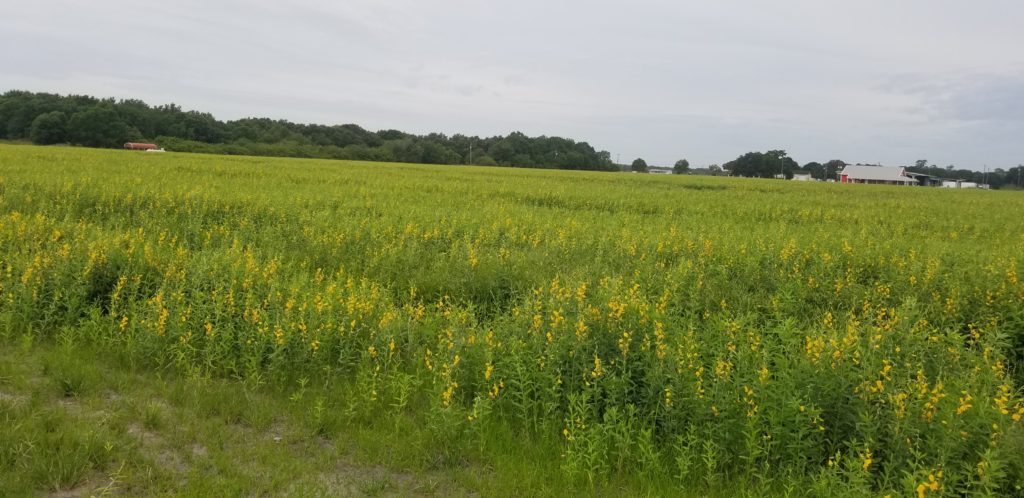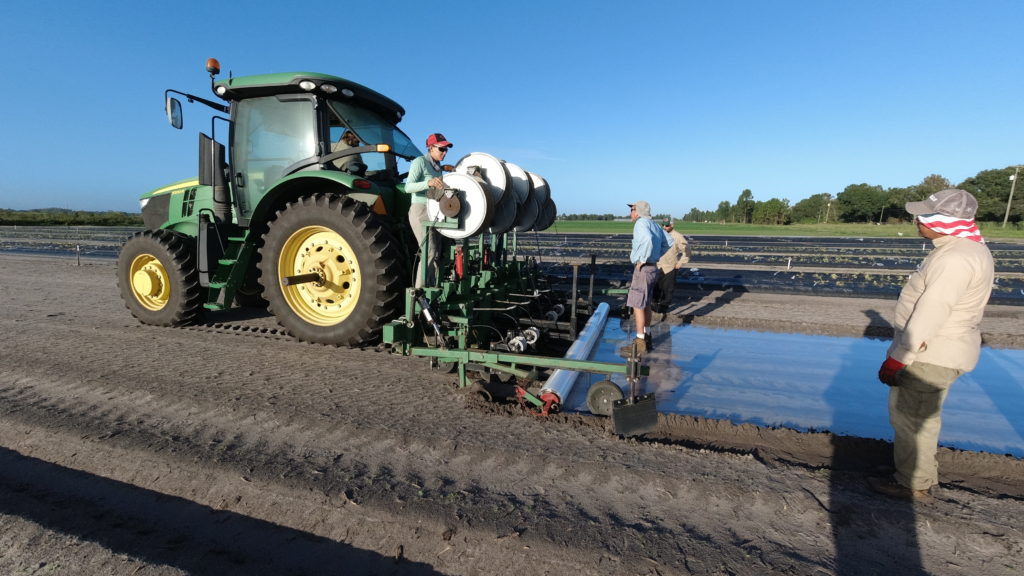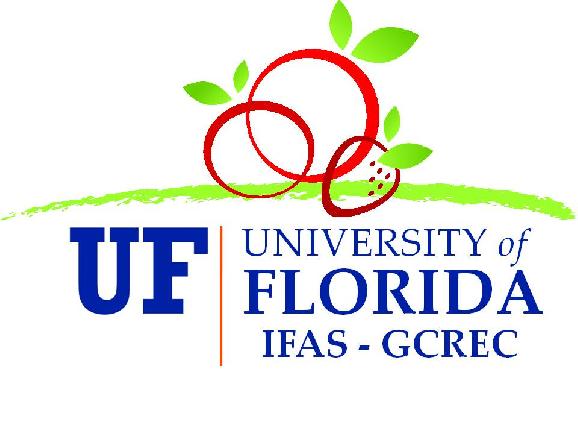By Johan Desaeger
Southeastern states have been slow to adopt organic crops. However, they recorded the most growth in organic production in the last 10 years. States such as California, Vermont, Maine and New York have a longer history with organic production. A great deal of scientific research now supports organic agriculture in these states. This is not the case in the Southeast. With soil type and pest and disease pressure being much different, there is an urgent need for more organic research.
The two most problematic nematodes in vegetables and strawberries are root-knot and sting. Both these nematodes pose a formidable challenge for organic growers in the Southeast.
Organic agriculture has deep roots in the traditional agricultural practices that many local farmers have used for generations, but many of those practices have been abandoned since synthetic fertilizers and pesticides were introduced in the 1950s.

COVER CROPS
One of the most practical options for nematode management is the use of cover crops, an important component of agro-ecosystems. Cover crops, such as velvet bean, sunn hemp and sorghum-sudangrass, are poor hosts to root-knot nematodes (RKN) and good rotational crops for managing RKN in vegetables.
PREVENTION
Nematodes only move short distances on their own. Thus, spread mostly occurs through movement of infested soil and planting material. Prevention is therefore a key element of any nematode management program. Tools and equipment should only be shared with other farms after proper cleaning.
Using clean planting material is equally important. Hot water dips are used to help rid bulbs and tubers of nematodes and other pathogens. Strawberry transplant steaming can help to control nematodes inside nursery transplants.
HOST RESISTANCE
Host resistance is one of the best management tools for any pest or disease. Nematode-resistant tomatoes have been available for decades. These varieties not only protect the resistant crop from RKN damage but will also reduce RKN field populations over time. RKN resistance has been identified in other vegetables, such as pepper, and research is ongoing in cucurbits, but commercial varieties are not yet available.
VEGETABLE GRAFTING
Vegetable grafting has been investigated for Florida vegetable production with some reported success for tomato and pepper, though the cost of grafted transplants can be significantly higher.
PREPLANT TREATMENTS
Preplant treatments that avoid the use of chemicals, such as bio-solarization, steaming, anaerobic soil disinfestation and bio-fumigation, are also options for nematode management. However, these strategies are not practical yet for large fields, and limited data is available on their efficacy in the Southeast.

SOIL AMENDMENTS
Soil amendments, based on crustacean or mustard meal, are used by some growers, both as a natural fertilizer and to stimulate the soil microbiome. The soil microbial community contains many bacterial and fungal antagonists of nematodes and can contribute greatly to natural nematode suppression. A better understanding on how to stimulate these communities could provide opportunities for future non-chemical nematode management.
BIOLOGICAL NEMATICIDES
Several biological nematicides are available. They can be toxins derived from either plants (thyme, mustard, neem and other plant oils, like Promax, Dazitol, AzaGuard and others) or from bacteria and fungi (Majestene and DiTera). Others are nematode biocontrol agents, such as nematode-parasitic fungi (MeloCon) or antagonistic fungi and bacteria.
Biological products typically require multiple applications. In the case of biological agents, which are live organisms, environmental conditions can significantly impact their performance. The lack of field research data on organic nematicides remains one of the main issues. If these products are to become an effective part of organic managment programs, significantly more investment into research is required to learn how best to use them.
With food distributors continuing to request that growers increase production of organically grown fruits and vegetables, biological-based research needs to grow significantly, especially in Florida and other places with similar nematode and pest complex problems. In support of this, the University of Florida’s Gulf Coast Research and Education Center in Wimauma recently secured organic certification for 25 acres of the research farm to focus on organic strawberry and vegetable research. Contact the author at jad@ufl.edu for more information.
Johan Desaeger is an assistant professor at the University of Florida Institute of Food and Agricultural Sciences Gulf Coast Research and Education Center in Wimauma.










